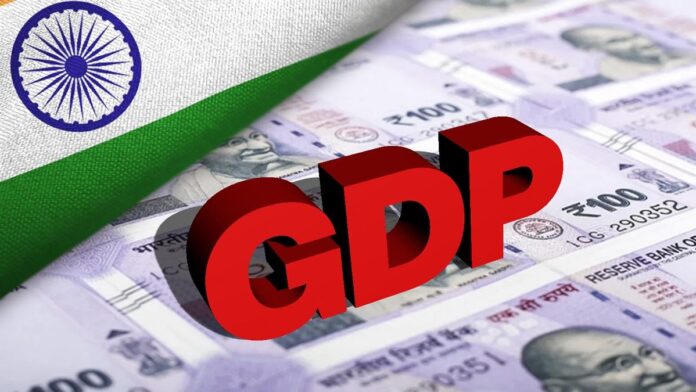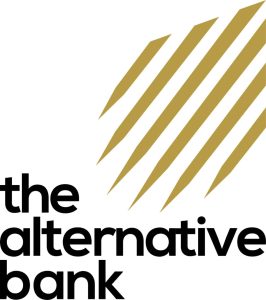Investments Shrinking Share of Nigeria’s GDP Helps Explain Low Growth

GDP
Nigeria’s shrinking size of private investments in recent times has impacted on the trend GDP growth rate, pushing it much lower over the past decade.gdp O
Since 2010, the country’s real investment as a share of GDP has trended downwards and remained low.
As of 2019, Nigeria has experienced a 13.6 percentage point decline in investment as a share of real GDP from 38.3 percent in 1999 to 24.6 percent.
The last decade in Nigeria witnessed poor private sector performance due to an unfavourable business environment, among other factors.
Nigeria’s growth rate has dropped from an average of 4.72% per annum between 2011 and 2015, to only 0.8% per annum between 2016 and 2021.
A shift in government policy posture from a capitalist market to pro-social economic stances also heightened policy uncertainties about what are the roles of the private sector in Nigeria, according to the Nigerian Economic Summit Group (NESG).
“The current situation suggests a massive slide in real investment in the past decades and a constrained private sector environment. This condition contributes to the poor linkages between economic growth and social indicators such as unemployment and poverty,” the NESG said in its 2023 outlook report.
The NESG notes that investment as a share of real GDP is still 5.2 percentage points lower than the country’s performance at the start of the fourth republic (1999).
“Just like at the beginning of Nigeria’s fourth republic, there is a need to adjust the country’s current economic system through market reforms to set a foundation for unlocking the performance of the private sector in the country,” it said.
For NESG, the needed adjustments include:
Upgrading the market rules and systems: This involves creating new and improving existing markets by expanding access to the private sector and building the underlying infrastructure of a market economy in Nigeria. In all, these market reforms will not only enhance the participation of the private sector in economic activities but also foster the expansion of the Nigerian economy.
Improving the allocation of incentives and resources: Market reforms will also facilitate markets or industries to operate more efficiently and effectively. Develop the capacity of public and private market participants – including regulators, investors, and policymakers. This involves strengthening the capacity of the government to become an effective regulator and other private sector players to have the ability to predict regulations.
Some of the benefits and outcomes of effective market reforms in Nigeria would include the following:
Encouraging market competition, creating economic opportunities for improved productivity, making markets work for all businesses, creating jobs and new sources of income, putting purchasing power in the hands of poor people, technology-enhanced service delivery, and Public-Private Partnerships (PPPs) – public and private combinations that bring the best out of both stakeholders.







